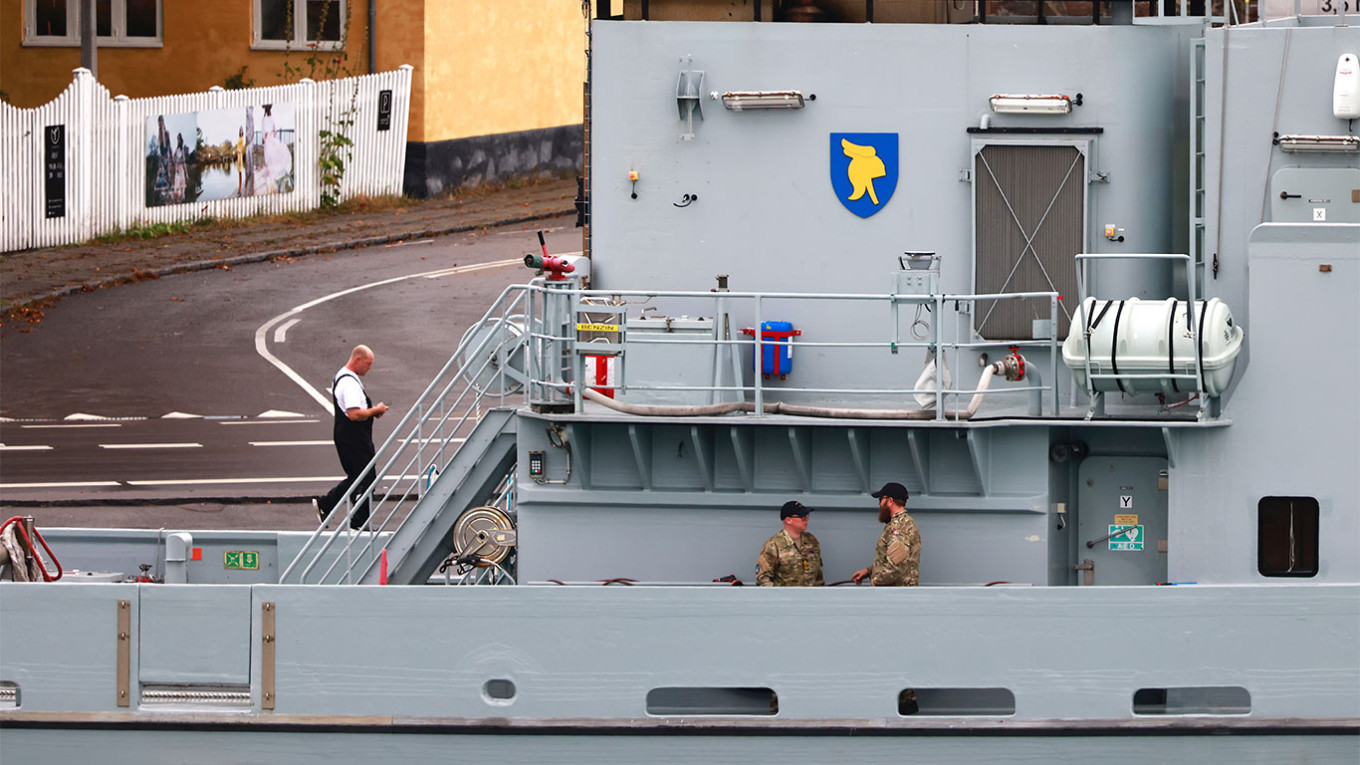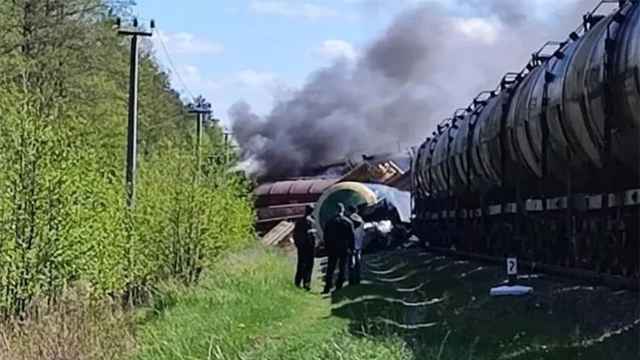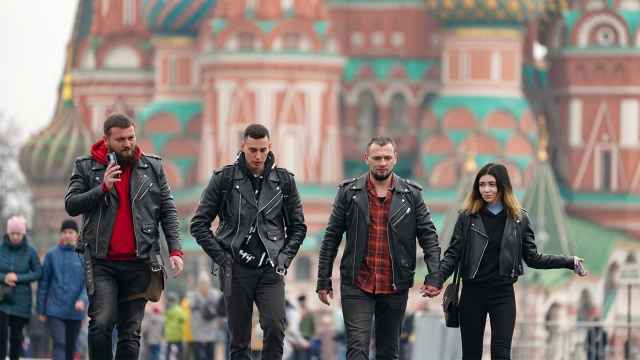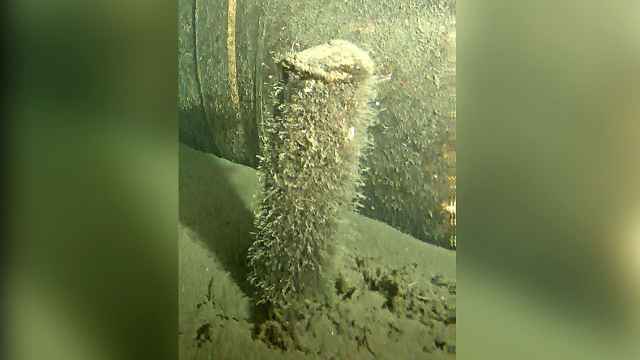Danish police said Monday that they were closing their investigation into the 2022 sabotage of the Nord Stream gas pipelines linking Russia and Germany, a move dubbed "close to absurd" by the Kremlin.
Neighboring Sweden closed its investigation in early February citing a lack of jurisdiction, meaning only Germany now has an ongoing investigation into the leaks.
"Based on the investigation, the authorities can conclude that the sabotage of the pipelines was intentional," Copenhagen police said in a statement.
"At the same time, it is also assessed that there is not the necessary basis for pursuing a criminal case in Denmark," it said.
Different theories about who is responsible for the sabotage have emerged — pointing the finger at Ukraine, Russia or the United States. All have denied involvement.
Four large gas leaks were discovered on Nord Stream's two pipelines off the Danish island of Bornholm in September 2022, with seismic institutes recording two underwater explosions just before.
The pipelines had been at the center of geopolitical tensions as Russia cut gas supplies to Europe in suspected retaliation for Western sanctions over Moscow's invasion of Ukraine.
While the leaks were in international waters, two were in Denmark's exclusive economic zone and two in Sweden's.
The pipelines were not in operation when the leaks occurred, but they still contained gas that spewed up through the water and into the atmosphere.
Russian energy giant Gazprom holds a majority stake in the twin pipelines, with the rest owned by German, Dutch and French companies.
Denmark, Sweden and Germany have kept a tight lid on their investigations, which analysts have said was because of the potential diplomatic fallout of what they might uncover.
The decision to close the Danish investigation was immediately criticized by Russia.
"The situation is close to absurd. On the one hand, they recognize that a deliberate sabotage took place, but on the other hand they are not moving forward," Kremlin spokesman Dmitry Peskov told journalists.
Peskov had previously described the Swedish decision to close its probe as "remarkable."
Copenhagen police said that the investigation — which had been carried out together with Denmark's intelligence service PET — had been "complicated and extensive."
It added that it was not in a position to "provide further comments" in the case.
When the Swedish probe was closed, the country's Prosecution Authority said its primary purpose had been to establish whether Swedish citizens were involved and whether Swedish territory had been used to carry out the act.
The authority said nothing had emerged to indicate this.
Mats Ljungqvist, the Swedish prosecutor leading the probe, had previously said the "primary assumption is that a state is behind it."
A Message from The Moscow Times:
Dear readers,
We are facing unprecedented challenges. Russia's Prosecutor General's Office has designated The Moscow Times as an "undesirable" organization, criminalizing our work and putting our staff at risk of prosecution. This follows our earlier unjust labeling as a "foreign agent."
These actions are direct attempts to silence independent journalism in Russia. The authorities claim our work "discredits the decisions of the Russian leadership." We see things differently: we strive to provide accurate, unbiased reporting on Russia.
We, the journalists of The Moscow Times, refuse to be silenced. But to continue our work, we need your help.
Your support, no matter how small, makes a world of difference. If you can, please support us monthly starting from just $2. It's quick to set up, and every contribution makes a significant impact.
By supporting The Moscow Times, you're defending open, independent journalism in the face of repression. Thank you for standing with us.
Remind me later.






